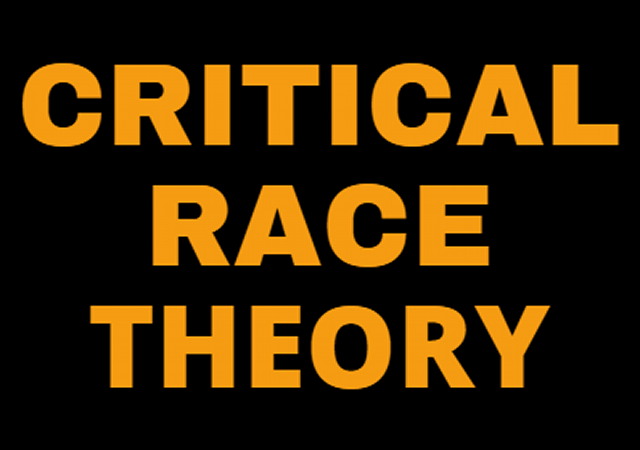How to Fight Critical Race Theory Legally and Successfully
“What is next for legislation that promotes colorblindness and meritocracy in higher education? What lawful options remain for colleges and universities?”

People need more resources and tools in this ideological battle.
Adam Kissel writes at The Federalist:
The Smart Lawmaker’s Guide To Writing Anti-Critical Race Theory Laws That Will Stand Up In Court
The fight against critical race theory in schools, colleges, and companies took a leap forward in December 2021, when Florida Gov. Ron DeSantis announced a legislative proposal to prohibit discriminatory teaching and training around the state. Although he signed the bill into law in April, a federal judge last month found key clauses of the Individual Freedom Act, also known as the Stop W.O.K.E. Act, to be unconstitutional with respect to higher education. But that does not mean the fight is over.
The offending clauses prevented faculty members from giving any student instruction “that espouses, promotes, advances, inculcates, or compels [belief in]” a range of discriminatory concepts, such as the concept that one race is morally superior to another.
Judge Mark E. Walker acknowledged that the state or its universities may establish a curriculum — content-based requirements for college courses. Academic freedom, he wrote, “does not justify a professor hijacking their class discussion to focus on matters outside the established curriculum.” But regarding the viewpoints expressed within that content, he decided, the legislation unconstitutionally restricted positive teachings about the concepts while permitting neutral or negative teachings.
The Florida law was one of many nationwide that were advertised not merely as anti-discrimination but also as anti-critical race theory (CRT), a worldview that promotes racial prejudice.
What is next for legislation that promotes colorblindness and meritocracy in higher education? What lawful options remain for colleges and universities?
Too many proposals against CRT have been based on viewpoint — seeking to sanction individuals for teaching or discussing CRT, rather than acting on it. It’s the action that creates discrimination. Legislative proposals should not interfere with the academic freedom to have robust discussions in class. They should, however, target prejudicial behavior, such as establishing and supporting restrictive affinity groups, holding mandatory student orientation or residence life activities including “privilege walks,” and mandating diversity trainings in which participants must confess some allegedly inherent bias.
Donations tax deductible
to the full extent allowed by law.








Comments
Lawmakers should require viewpoint diversity. Tie State funding to the percentage alignment to the political makeup of the State legislature.
Legislature 60% liberal but Department 100% liberal, reduce the Department funding by 40%.
Of course it would never pass in a state w 60% liberals. Every state that doesn’t would show they are against viewpoint diversity.